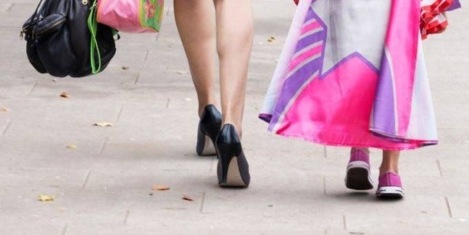March 22, 2019
UK workforce increasingly concerned with impact of Brexit on employment
More than a third (34.25 percent) of UK residents believe that Brexit would affect their current employment in a negative way, and only a negligible 3 percent of respondents think that Brexit will positively affect their current employment. Compared to the survey from Personal Group in 2018, there are some gender, age and professional nuances. Twelve times as many men than women have become more concerned about the impact on Brexit on their current employment. In February 2019 the number of men who believe Brexit will affect their employment negatively increased by almost 8 percent (7.89 percent) compared to a less than 1 percent (0.63 percent) rise amongst women.

















 Following the deadline for organisations to publish their gender pay this week, it came as little surprise to find that almost
Following the deadline for organisations to publish their gender pay this week, it came as little surprise to find that almost 















November 10, 2017
Warnings of widening gender pay gap as women are hit hardest by low pay
by Sara Bean • Comment, Flexible working, News, Wellbeing, Workplace
It is Equal Pay Day today (Friday 10th November) – the day in the year which is marked in the calendar as the one where women start to work for free, and the campaigning charity the Fawcett Society has warned that the pay gap is actually widening for some groups of women and will now take 100 years to close, based on the current rate of change. Research by the Living Wage Foundation published to mark the day has also revealed women are hit hardest by low pay in the UK. Women make up nearly two thirds (62 percent) of workers currently struggling to make ends meet on less than the real Living Wage claims the Foundation, which amounts to 3.4 million women compared to 2.1 million men. Nearly 1/3 of all UK working women (26 percent) are still earning less than the Living Wage, compared to just 16 percent of all working men. And this trend has been the case since 2011, when KPMG and the Living Wage Foundation launched its annual Living Wage report.
More →